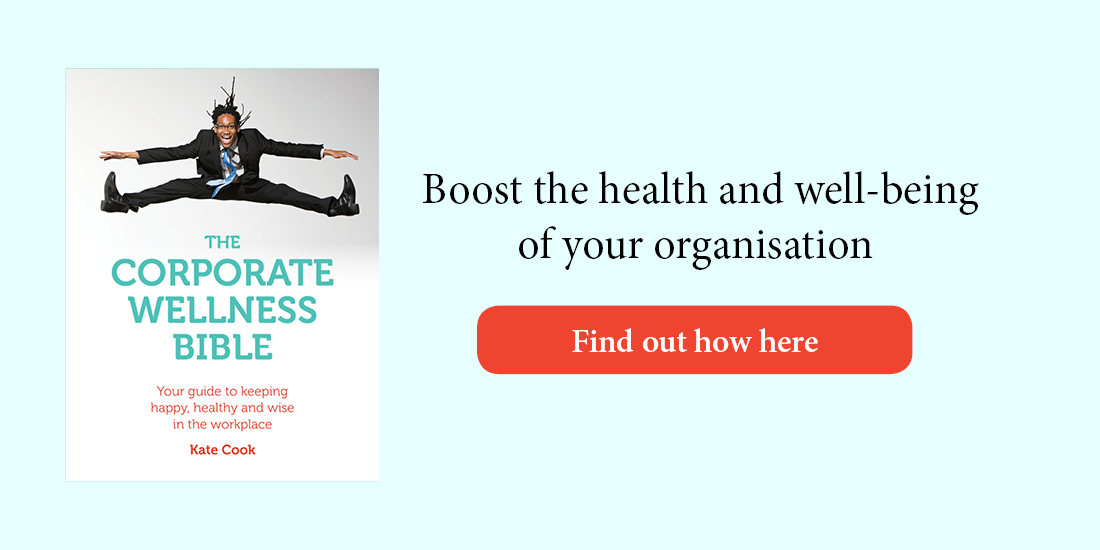The meat dilemma
20 August 2014 by Catherine Holdsworth in Lifestyle
There are many differing theories on whether it is better to be a vegetarian or an omnivore, if red meat is better than chicken or whether we should all survive on nuts and seeds for the environment’s sake. In a recent Horizon for the BBC, Michael Mosley investigated the effect eating red and processed meats has on our health.
One thing the programme highlighted is that it is very difficult to get definitive information on diet from the media, which is keen to sell stories so often chooses the most dramatic outcomes from research. The result is that one day we’re told we need to eat meat to ensure we’re getting a healthy amount of protein and the next we’re told that sausages give us bowel cancer (we may be exaggerating a little here). In her book The corporate wellness bible, Kate Cook tries to help us through the confusion by taking us back to basics and explaining the importance not just of protein but also the other basic building blocks of food – carbohydrates and fats:
There are so many different diets and ways of eating that it’s no wonder we’re thoroughly confused. Eating for energy by controlling your blood sugar is probably best for handling stress and fuelling Wellness at work but to begin with here are some general nutritional guidelines. One minute vitamin C is good for you, the next it’s causing cancer. We all change to margarine, then lo and behold we’re told to change back to butter. Let’s try to make sense of it all. The food we eat can be divided up into three major ‘macro’ nutrient groups: carbohydrates, proteins and fats.
Curb the carbs?
The body uses carbohydrates (carbs) as its main fuel. Carbs can be divided into two types: ‘fast burning’ (junk food, processed food, honey, sweet foods) and ‘slow burning’ (whole grains, fresh fruit and veg, grains). The type of carbs you should curb are the fast-burning carbs because these will give you a surge of energy followed by a nasty crash. And avoid rocket-fuel carbohydrates such as white bread, white rice, cakes, biscuits and sugar. Complex carbohydrates usually have more fibre in them to slow down the way sugar is released into your system.
Perfect protein
Protein contains the building blocks (amino acids) that are used for making enzymes, hormones, antibodies and neurotransmitters as well as for repair of the body and for growth. Protein isn’t just about huge slabs of juicy steak. Vegetarian sources of protein are important to consider and include beans, tofu, quinoa (a type of seed) and lentils. Aim to eat plenty of vegetarian sources, which are less acid forming, and also consider some cheese and eggs, but not in excess. If you eat meat, have it no more than three times a week.
Fear of fat
A fear of fat has been drummed into us. Yet it’s only the wrong kind of fat we should be scared of, not good fats. There are two main types of fat: saturated fats (hard fat) and unsaturated fats. Saturated fats are not essential for the body to function. There are also two main categories of unsaturated fats: monounsaturated (olive oil is in this group) and polyunsaturated. Some polyunsaturated fats are good for your brain and generally make the body work efficiently. In fact, they’re known as essential fatty acids (EFAs) – the name speaks for itself. EFAs are destroyed by heat and light so, despite some manufacturers’ health claims, the benefits of these fats are likely to have been destroyed once foods are processed. Each day, supplement a pure fish oil or flax seed oil, and eat a good handful of nuts and seeds. And avoid too many saturated fats or the type of fats found in processed foods.

